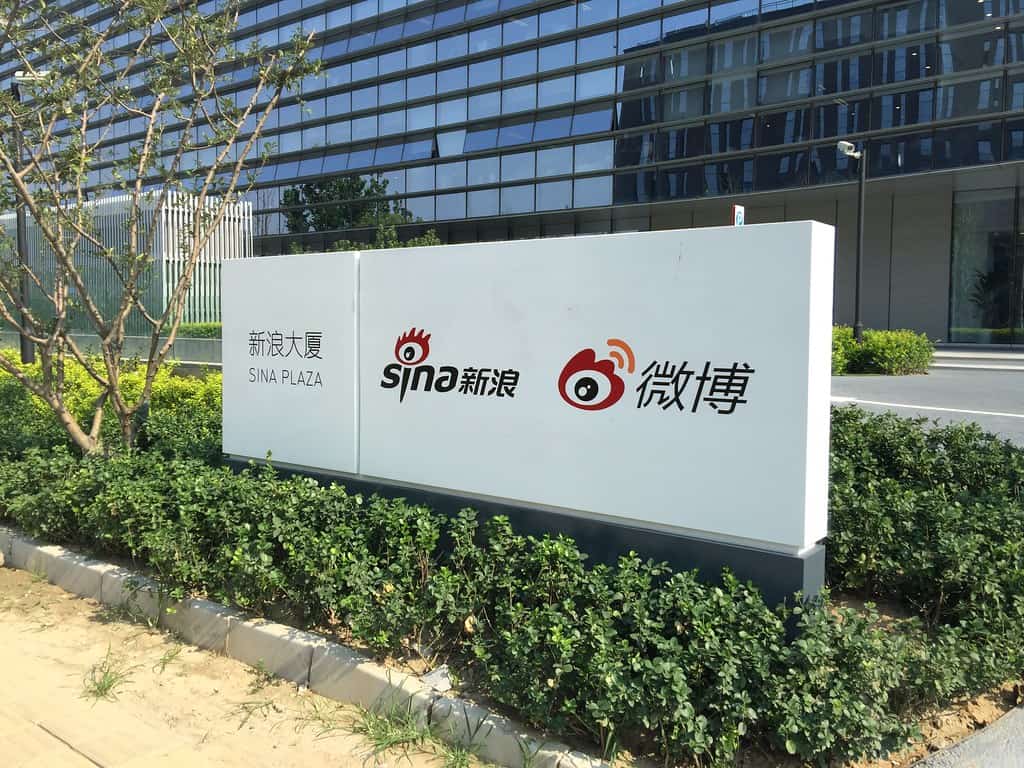Tech giants Baidu and Sina have both recently adopted measures to shore up their presence in China’s consumer finance sector.
On 24 June the China Banking and Insurance Regulatory Commission (CBIRC) approved an increase in the registered capital of consumer finance platform Baoyin Xiaofei Jinrong (包银消费金融) from 300 million yuan to 500 million yuan, conferring Sina-backed Weimeng Chuangke (微梦创科) with a sizeable equity chunk.
The approved deal will see Weimeng Chuangke make a capital contribution of 200 million yuan to obtain a 40% share in Baoyin Xiaofei, while leading shareholder Baoshang Bank (包商银行) will see its holdings fall from 73.6% to 44.16%.
Weimeng Chuangke was established on 11 October 2010 with registered capital of USD$180 million as a fully invested subsidiary of Weibo Wangluo (Hong Kong) Co., Ltd, (微博网络(香港)有限公司), while Sina CEO and President Charles Chao is Weimeng’s chair.
Sina is Weibo Wangluo’s largest shareholder with a 45.2% stake, while Alibaba is it second largest shareholder with 30.2% of equity.
The move arrives just following a decision by CBIRC’s local office in the province of Heilongjiang to approve Baidu-backed Duxiaoman Financial’s investment in regional consumer finance platform Hayin Xiaofei Jinrong (哈银消费金融) in May.
On 16 May CBIRC’s Heilongjiang office announced the approval of an increase in Hayin Xiaofei’s registered capital from 1.05 billion yuan to 1.5 billion yuan, making Duxiaoman Financial the company’s second largest shareholder with a 30% equity stake following a 450 million investment.
China’s consumer finance sector has undergone rapid expansion over the past decade. According to the “2018 China Consumer Loan Market Research Report (2018中国消费信贷市场研究) the domestic consumer finance market has already expanded from 679.8 billion yuan in January 2010 to 8.4537 trillion yuan as of October 2018.
The report pointed to ample room for expansion, with consumer finance sector loans excluding home loans accounting for just 20% of total consumption expenditures in China, as compared to 28% in the United States and 41% in South Korea.
There are currently 24 licensed consumer finance entities in China, with the vast majority backed by shareholders hailing from the banking sector.
Members of industry say that China’s internet giants are extremely eager to enter the sector, and are expected to have a profound impact upon the market given their native fintech and network advantages.




